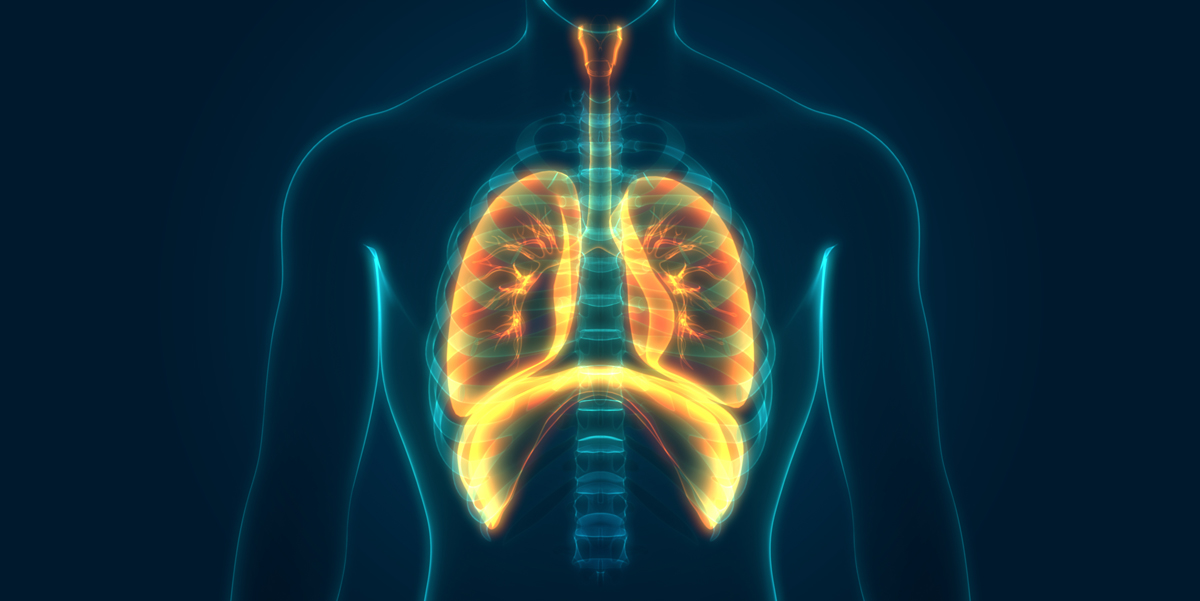
If you’re a healthy adult, you might not think much about your lung health. However, lung health is essential for everyone to keep in mind, regardless of age or health conditions.
While some lung diseases and conditions are genetic or caused by viruses that can’t be prevented, environment and behaviors also impact lifelong lung health.
Suppose you want to keep your lungs as healthy as possible throughout your life. In that case, it’s vital to take steps now to keep your respiratory system functional and strong.
In this guide, you’ll learn about some factors that increase your risk of lung problems and discover how to reduce these risks through healthy habits.
- Smoking Cigarettes
It’s probably not shocking to hear that smoking cigarettes is one of the most significant risk factors for lung problems. Smoking increases the risk of developing lung cancer by up to 30 times. It’s also the number one risk factor for getting lung cancer. It is a significant cause of around 90% of lung cancer deaths, according to the CDC.
Along with smoking cigarettes, you also want to avoid exposure to other forms of smoke inhalation, as this can also damage the lungs.
- Exposure To Asbestos
While asbestos exposure might not be as common as it used to be, it’s still a risk for people in specific careers. Exposure to asbestos in the workplace is hazardous. Asbestos was previously used in many building materials, and people in construction, the military, and other professions are at increased risk.
Asbestos can lead to mesothelioma and other lung diseases, so if you suspect you’ve been exposed, it’s vital to seek assistance from a healthcare professional immediately.
- Radon Exposure
Radon is second only to smoking cigarettes when it comes to lung cancer risks. As the second leading cause of lung cancer in the country, it’s essential to ensure your home is regularly tested for radon.
Radon is a naturally occurring gas, and it can be found in things like soil and water. Unfortunately, it’s impossible to taste, see, or smell. This means it can impact your lung health without you knowing it.
It’s estimated that around one out of every 15 houses in the country have high levels of radon, so you should learn how to test your home. You can learn more about radon and how to keep yourself safe in this guide from the EPA.
- Repeated Infections
Many other conditions impact the lungs besides lung cancer. If you want to keep your lungs healthy throughout your life, you want to do your best to avoid colds, flus, and other contagious diseases that impact the lungs. While it’s not entirely possible to prevent infection, you should stay current on any recommended vaccinations for your age and health conditions.
For example, be sure to get the flu vaccination each year and keep up to date on recommendations for COVID-19 immunizations. This way, you can protect your lungs from long-term damage.
How To Keep Your Lungs Healthy
While some genetic and environmental factors can’t be controlled, you can follow the tips on this list to reduce risk factors. It’s also important to eat a healthy diet, get enough sleep, and exercise regularly. Finally, make sure you see a doctor for preventive care and assistance if you notice any concerning symptoms related to your lungs.
With these things in mind, you can keep your lungs healthier throughout your lifetime.